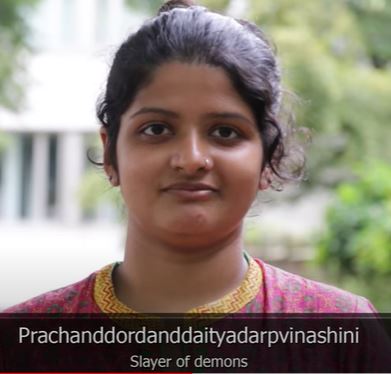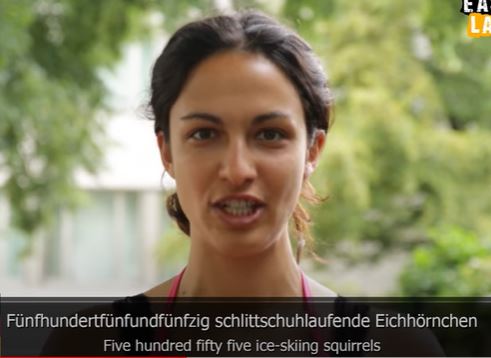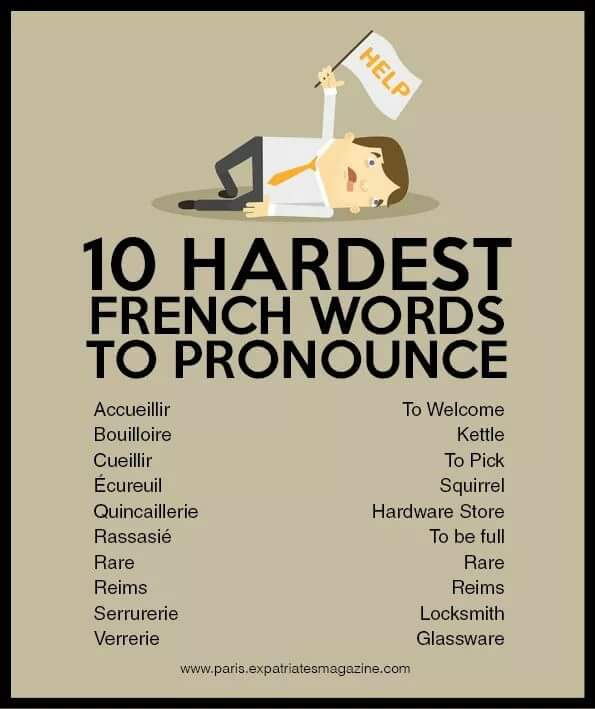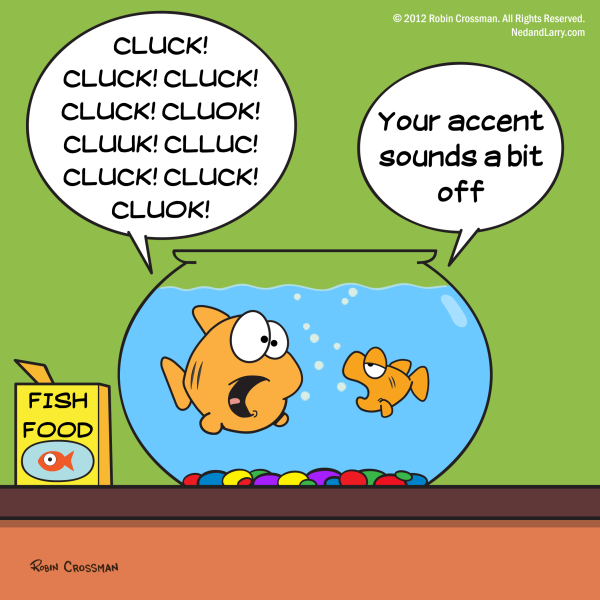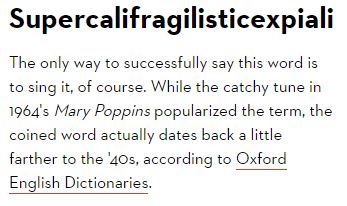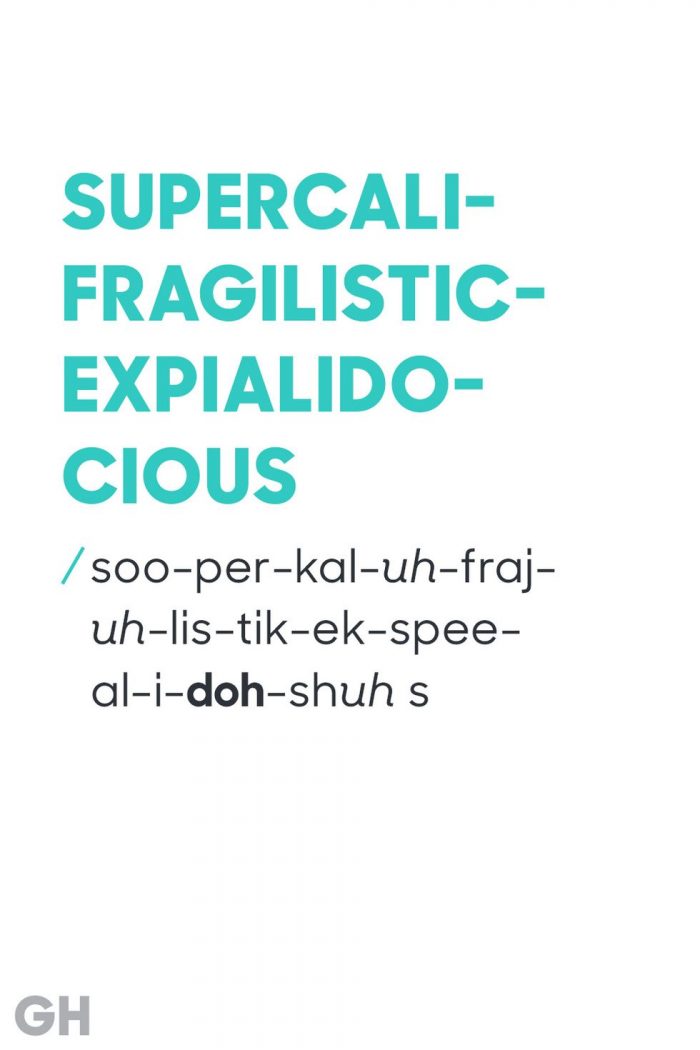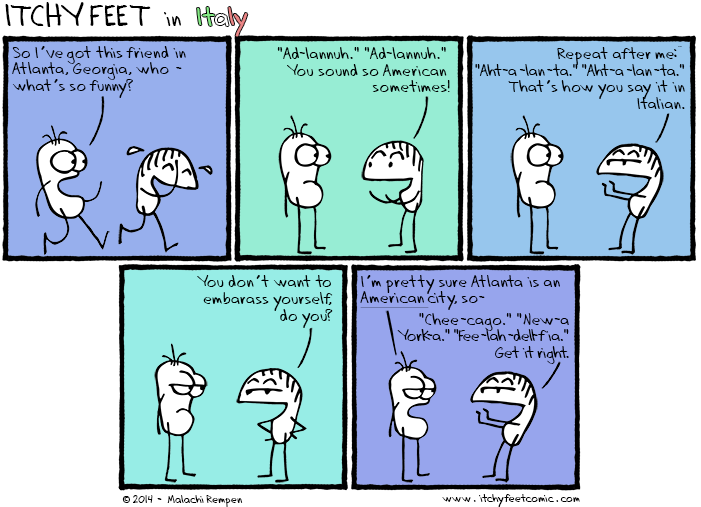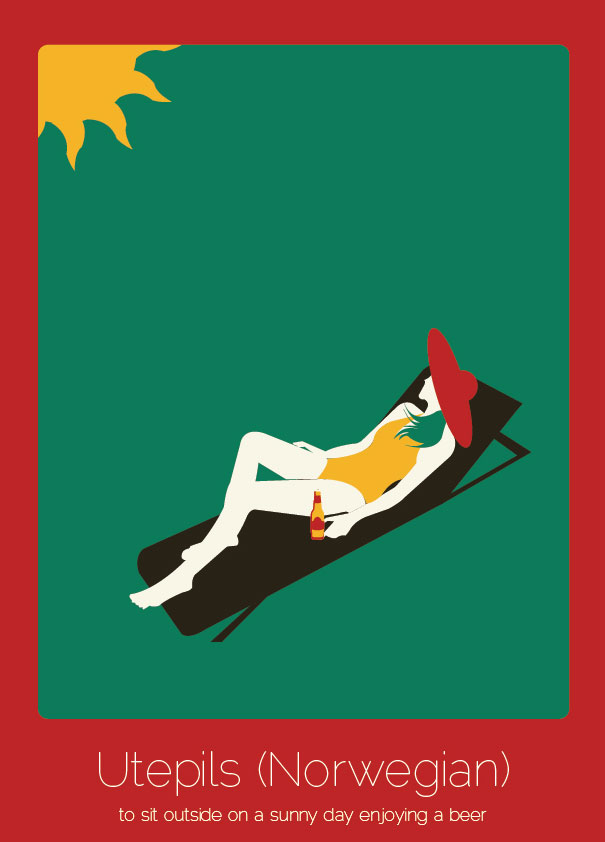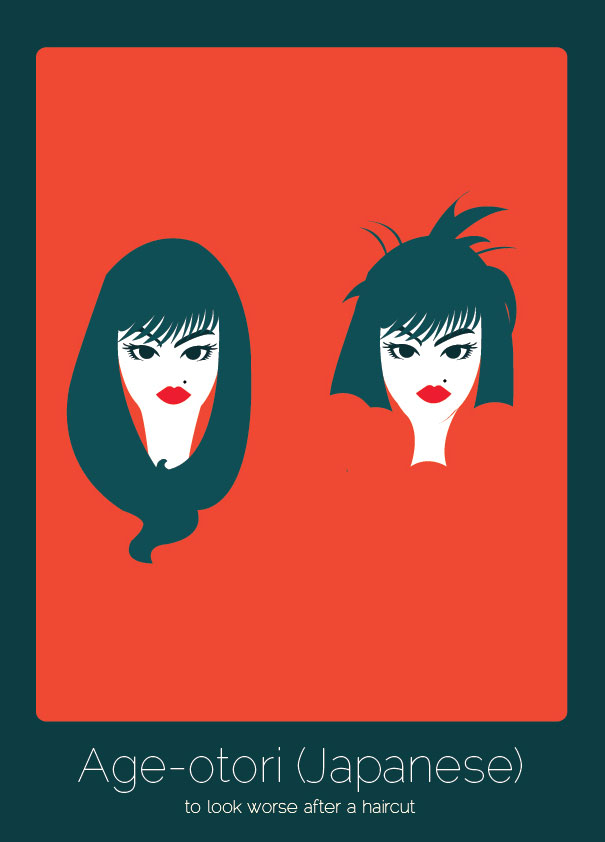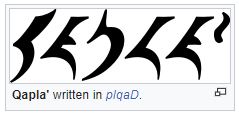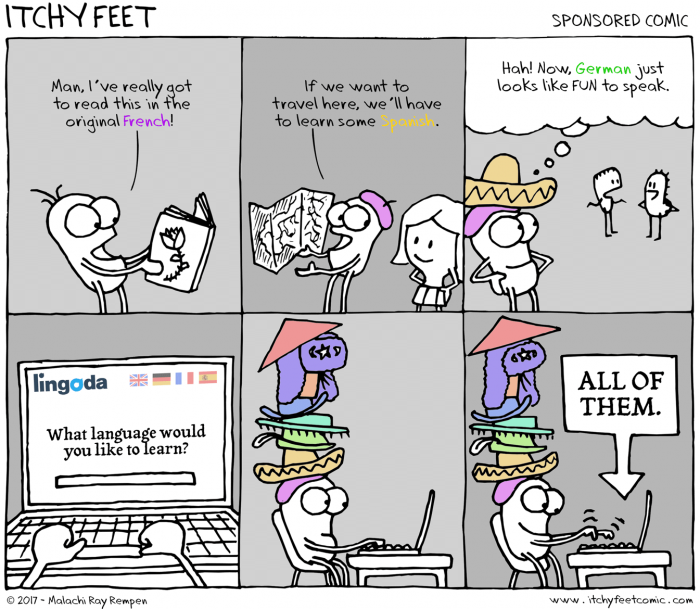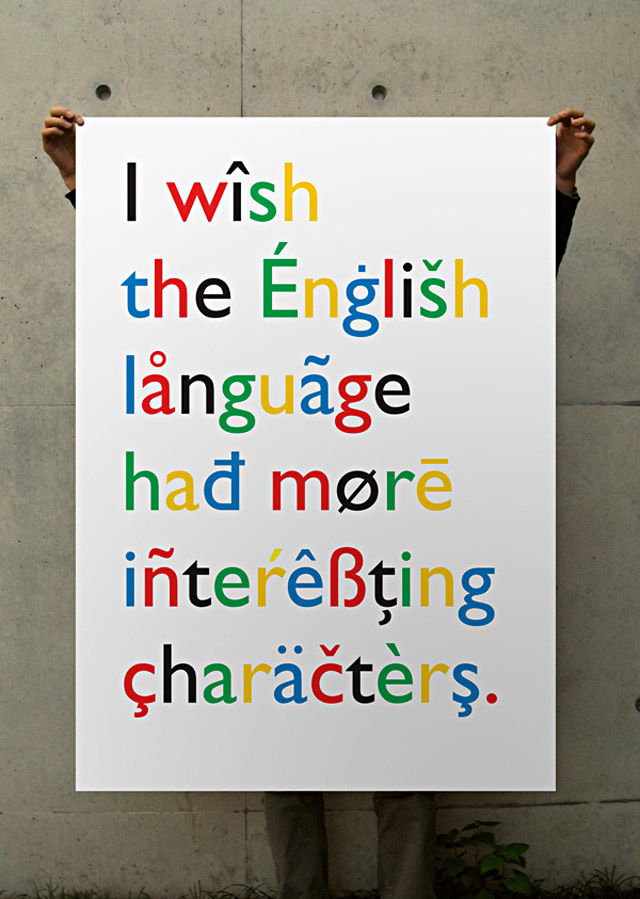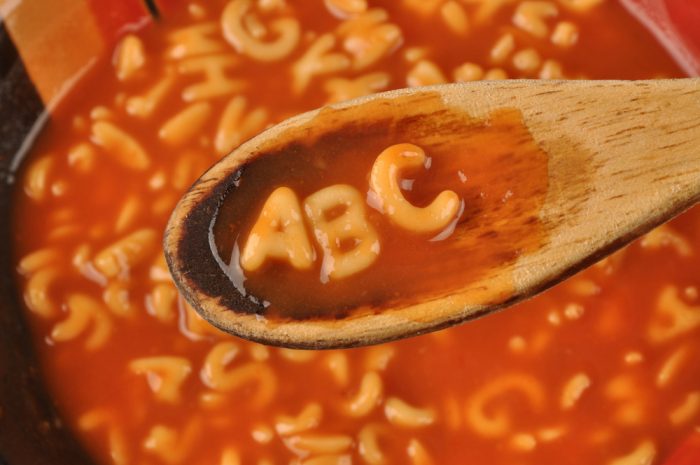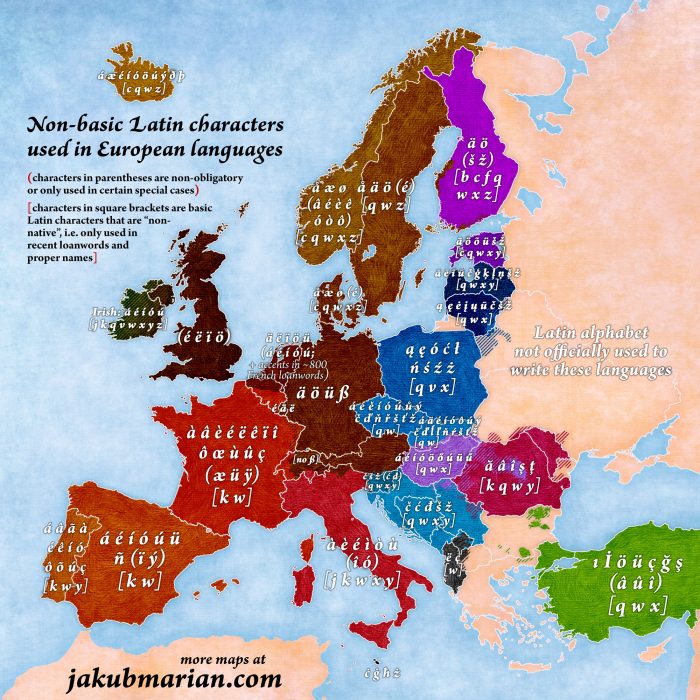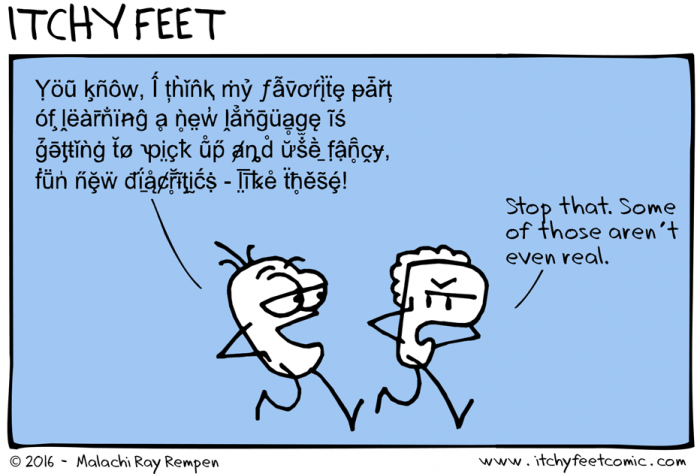Relieving Stress . . .
International Words and
Self-Care Trends
I hope everyone is at home, staying healthy and safe.
I know I am trying different techniques, strategies and approaches to reduce stress while working at home. Meditation, cycling, reading, writing, phoning my family, frequent breaks, fresh air, sunshine and petting my cat works wonders for me. On campus, the Uvic MultiFaith Centre is offering Virtual Meditation using ZOOM, until May 18th!
And then I thought … there must be techniques and strategies in other countries, and of course, words that describe them! And off to have tea with my internet friend … GOOGLE!
The most amazing word I found comes from Denmark! And it somehow seems appropriate that it is a very short word, only 3 letters, but delivers an important message, without any real translation into English! That word is PYT! It basically means “Don’t worry about it….” or “Oh well….”
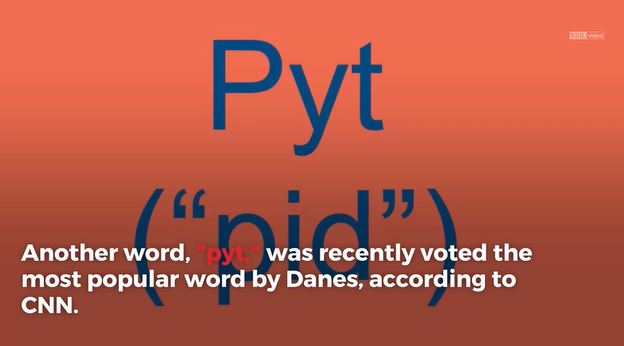 According to this video, “Pyt can reduce stress because it is a sincere attempt to encourage yourself and others to not get bogged down by minor daily frustrations”. Pyt was recently voted the most popular word by Danes. Sounds good to me.
According to this video, “Pyt can reduce stress because it is a sincere attempt to encourage yourself and others to not get bogged down by minor daily frustrations”. Pyt was recently voted the most popular word by Danes. Sounds good to me.
And that is not the only Danish word that makes this list. I only recently heard of ‘Hygge‘ , described and compared to ‘Pyt‘ below:
Denmark: Hygge and pyt
The Danish are the OG masters of self-care: Despite winters so heavy and dark that Danes lovingly refer to their country as “Mordor” (yes, the land of evil and darkness from Lord of the Rings) from November through February, Denmark is routinely ranked one of the three happiest countries in the world. The secret is in the cultural mindset, which has given rise to the international trends of hygge, and pyt.
Hygge is all about getting cozy and staying in. Think of its brand as emphasizing handmade, beautiful objects like homespun wool sweaters, handmade ceramics and dipped candles. Hygge isn’t all about objects, though. It embodies a sense of togetherness – think simple family meals at raw wooden tables, and nights spent cuddled by the fire, sipping cocoa and singing folk song
Everyone’s self-care needs are different, and some self-care experts are uncovering the virtue in a different Danish concept: pyt. Pronounced like “pid,” pyt doesn’t have a precise English translation: It’s a cultural concept about cultivating healthy thoughts to better deal with stress. If hygge keeps your heart and toes warm, pyt is more about maintaining mental health for an overall sense of wellbeing.
And there are more amazing words and techniques from all over the world!
- Japan: Ikigai and Wabi Sabi
- Wabi sabi is an aesthetic principle that, like all things Japanese, is deeply rooted in philosophy: in this case, a beauty that is impermanent, imperfect, and incomplete. Homes of wabi sabi practitioners are uncluttered, featuring simple, handmade or natural objects, asymmetry and roughness, natural light, and clean lines. Especially in the rush of the working world and holiday madness, wabi sabi can be a balm
- Wales: Cwtch
- Cwtch (don’t worry, we’ve got you – it’s pronounced “kutch”) is like hygge, but specifically for the home. Specifically, cwtch comes from the Welsh word for “cubbyhole,” referring to a small, cozy nook made specifically for cuddling in. It also means something like “giant, double hug” – so practitioners of this form of self-care are essentially crafting home spaces (think canopy beds piled in thick quilts) that embrace you like a hug.
- Scandinavia: Friluftsliv
- Weather isn’t enough to keep Swedes and Norwegians inside. In fact, the concept of friluftsliv, meaning “open-air living” is central to Nordic culture, and visitors will see Swedes, Norwegians, and Danes out walking, hiking and biking even in sub-zero temperatures. Born of a belief that physical and mental health are strengthened by spending time in nature, the concept was popularized by Norwegian playwright Henrik Ibsen in the 1850s, and has been driving the Scandinavians to seek wellness outdoors since.
- Sweden: Lagom
- Let’s hop on down to Sweden and zero in on a concept the Swedes are insisting isn’t the new hygge. This simplicity-based lifestyle is called lagom, and it translates to something like, “Not too much, not too little – just right.” To live your life with the lagom mindset is to take things in moderation (yes, including moderation) – you shouldn’t crowd your home and mind, but you also don’t need to go full monk. It’s simple, clean, with an emphasis on upcycling and recycling. It’s anti-clutter. It’s just right.
- Netherlands: Gezellig
- Less about simple self-care and more about a living a full and vibrant life, this Dutch term has a cloud of translated meanings, including coziness, celebration, comfort and gregariousness. Unlike the rest of its cohort, gezellig (noun: gezelligheid) is about fun, and welcomes clutter, noise, and great time. Think laughter, warm colors, great food and spirits, and rooms crowded with the plants, books and knick-knacks that breathe life and personality into a space.
And here are a list of other sites that might be of interest too:
- A Danish Word The World Needs To Combat Stress: Pyt
- This untranslatable Danish word is the key to lowering stress
- What Is Pyt? Danish People Say This Mental Health Concept Is Their Favorite Word
- A Danish word that can reduce your stress
- Embracing The Magical Danish Word…Pyt
- How Denmark’s ‘pyt’ can help you fight stress
- Angry? Worried? Stressed out? Just say ‘pyt.’
- 15 Magical Phrases and Words That Help Relieve Stress
Find what will work for you and your family and take care of yourselves.
As long as there are words out there, there will be interesting topics!
ENJOY!  TTFN!
TTFN!
The Key to Happiness
May Be In This Danish Word
7 Nordic Concepts to
Help You Change Your Life
So What is
Danish Hygge?
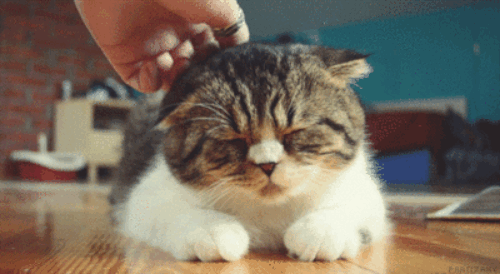
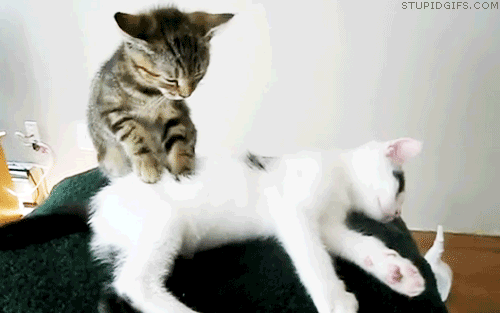





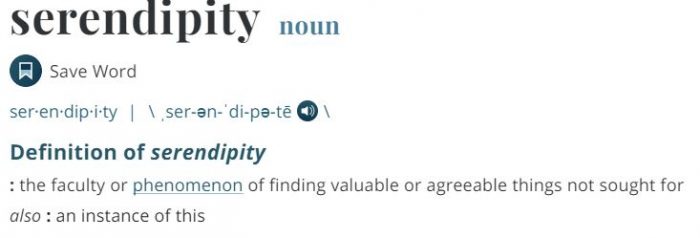
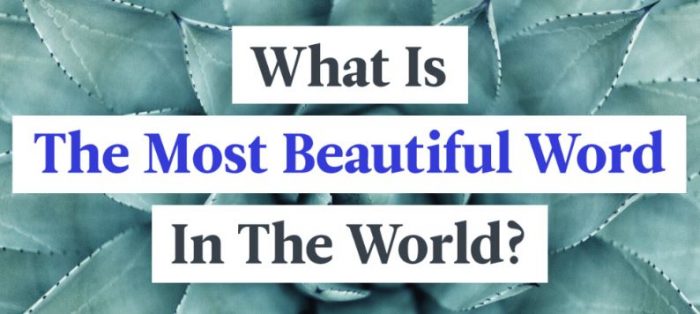
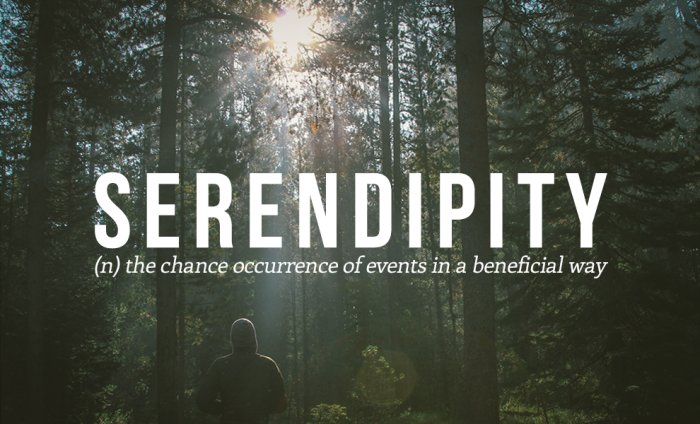
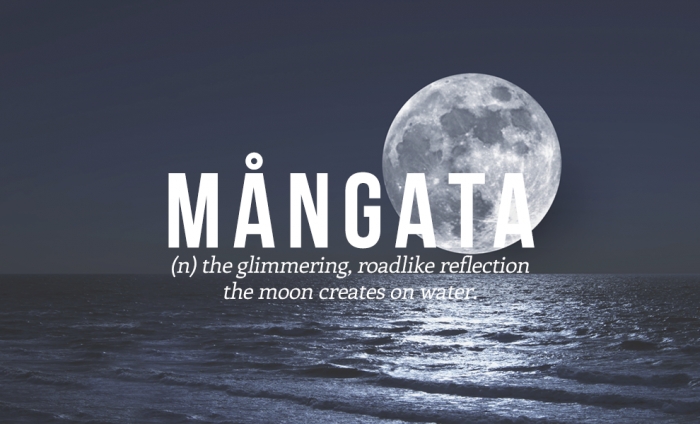
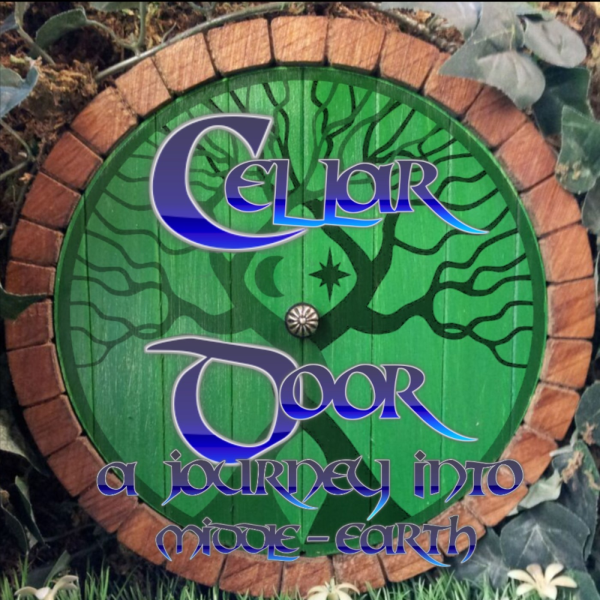

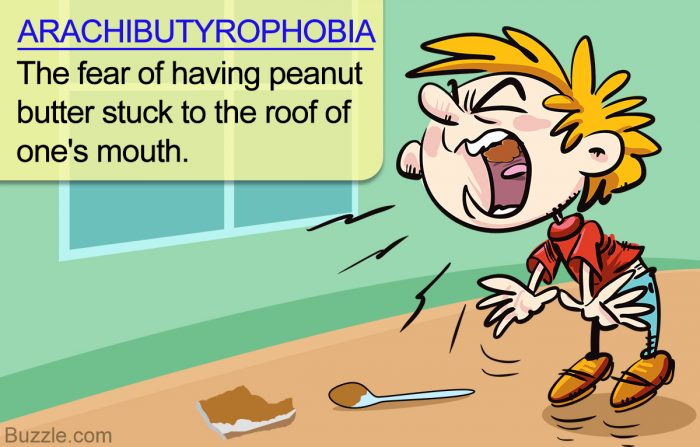

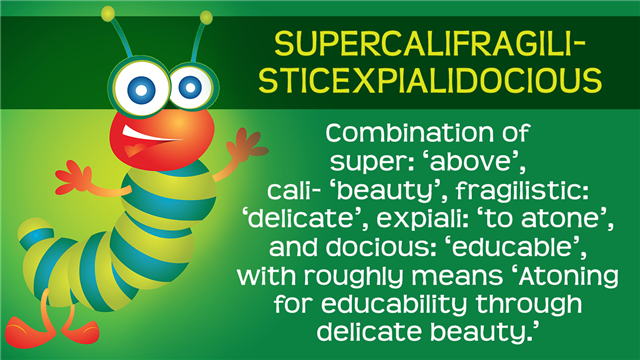
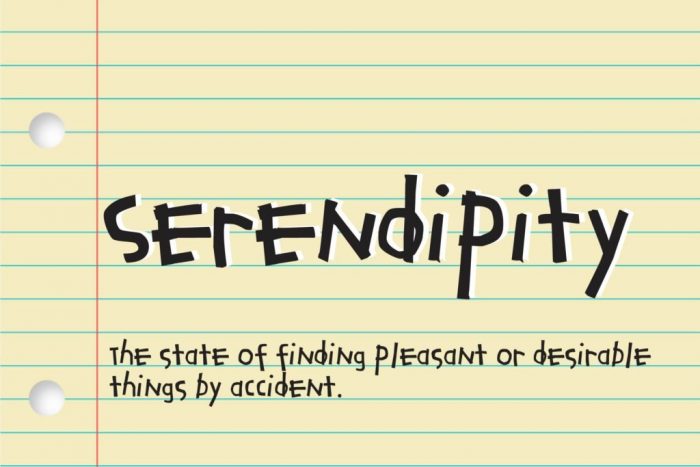
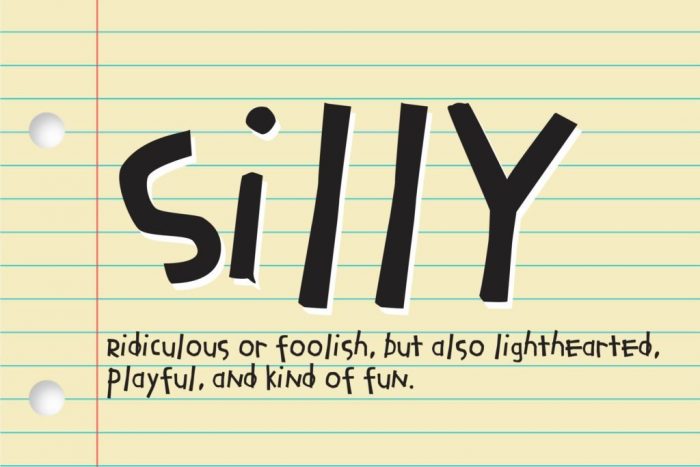




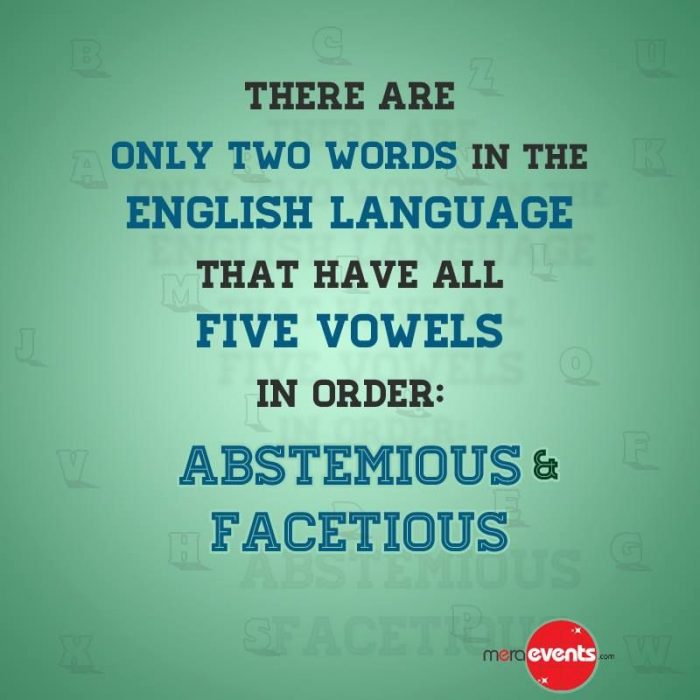
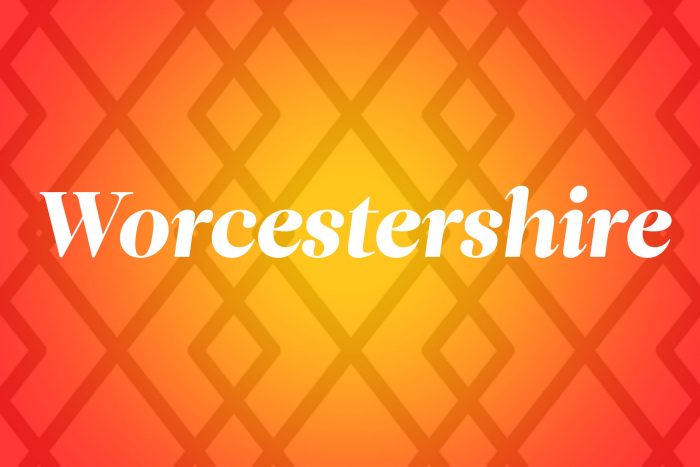 problems with … Worcestershire Sauce, and I still can’t pronounce it right, even today,
problems with … Worcestershire Sauce, and I still can’t pronounce it right, even today, 